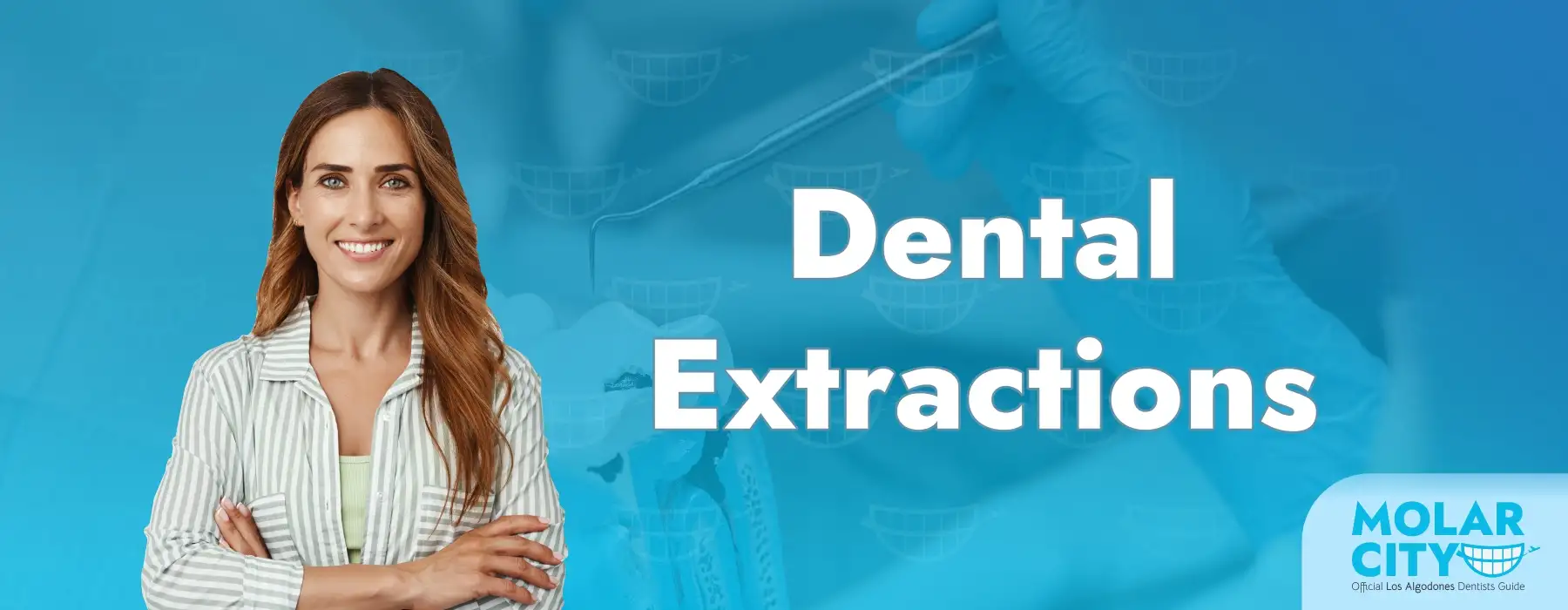
.


























































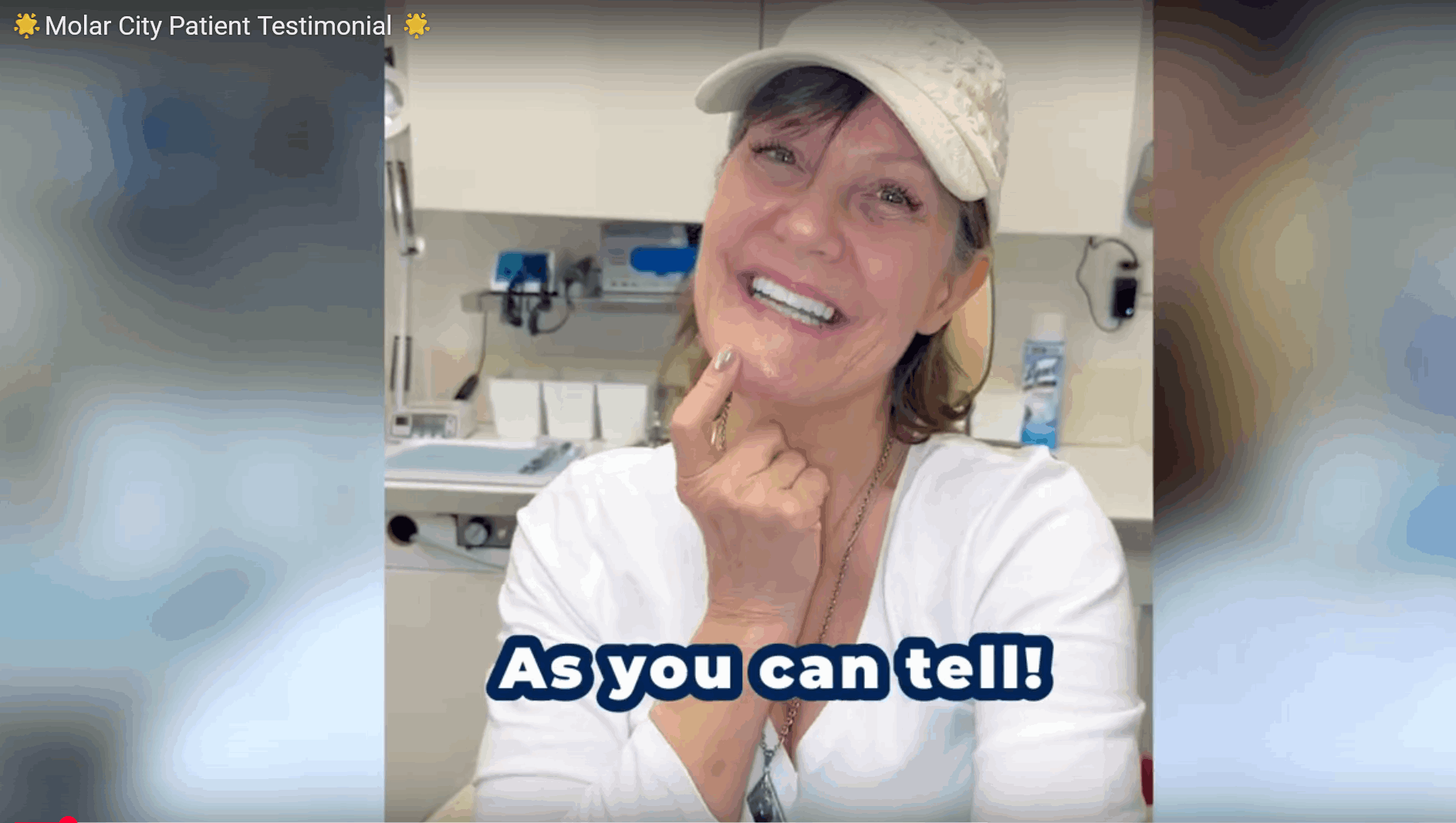
Whether you're visiting for dental treatment or exploring the culture of this charming town, the perfect place to stay is essential for a memorable experience.

Mexico dentistry level has progressively evolved since 1990, attaining a level of professionalism and expertise that is relevant on a world stage.
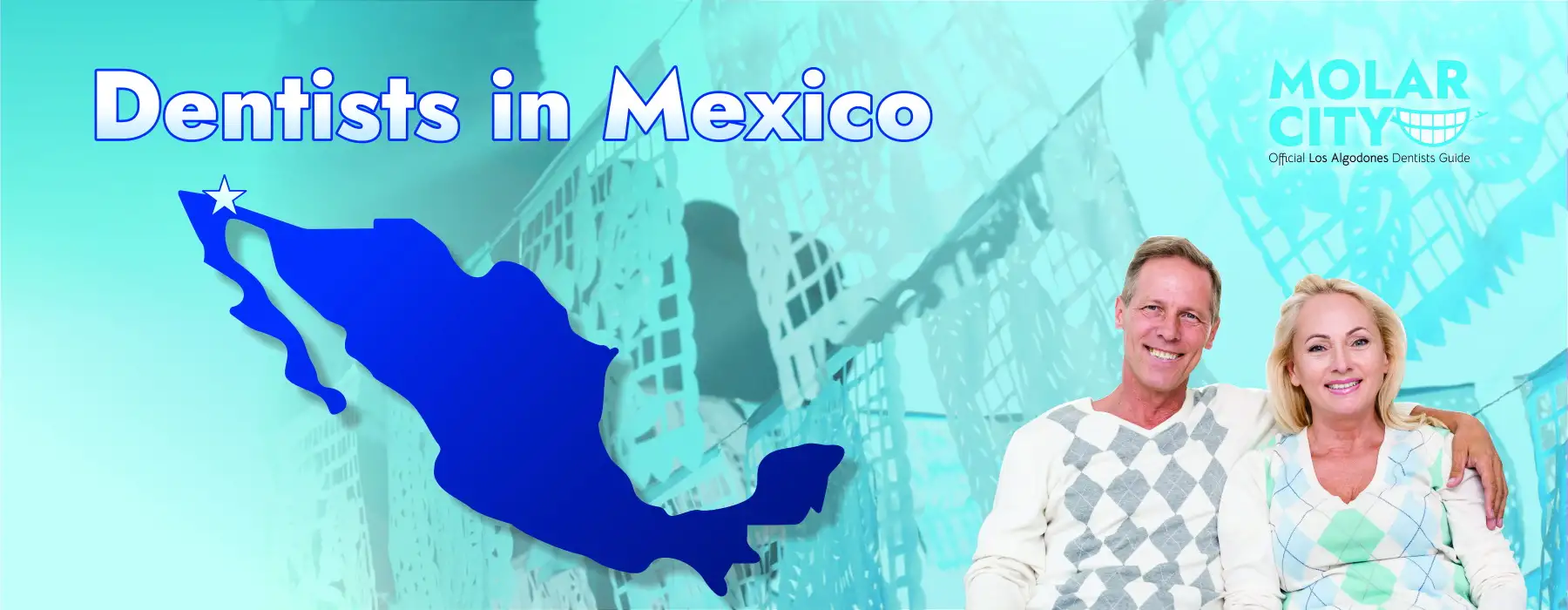
Poor dental hygiene can lead to various diseases, causing discomfort and long-term issues. We show 7 of the most common dental diseases and their treatments.
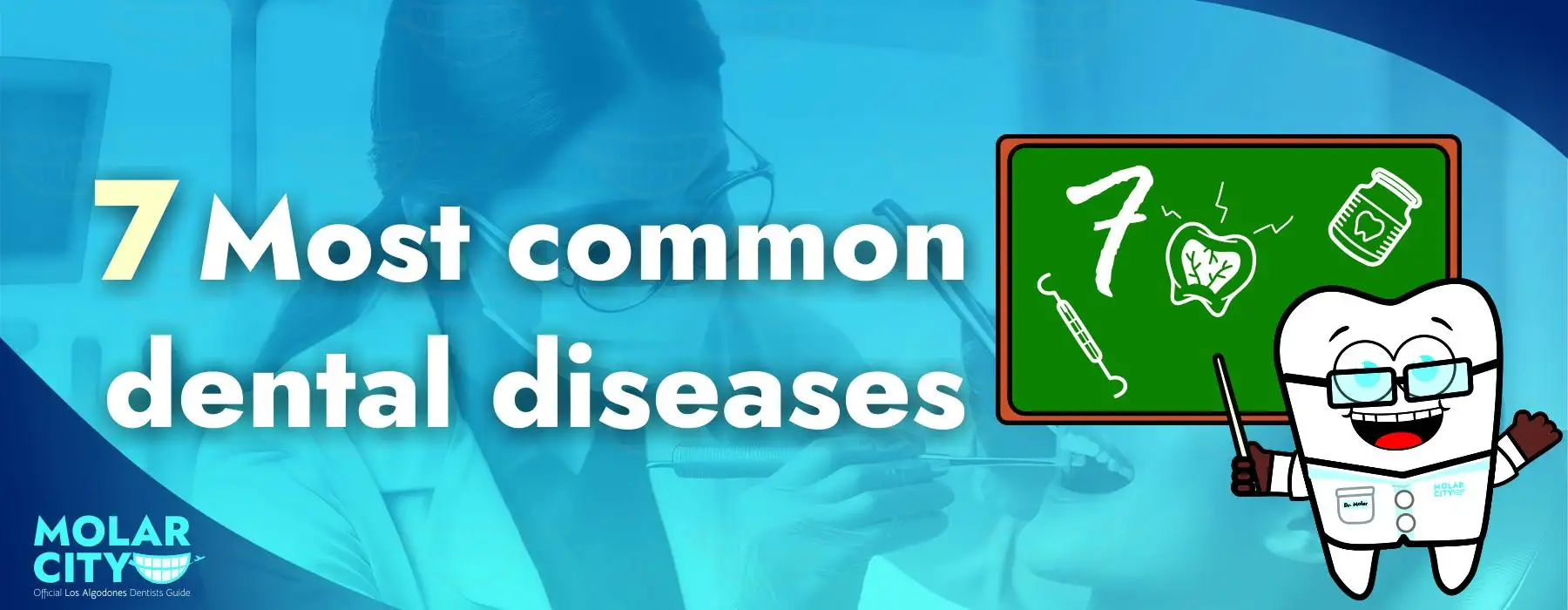
A root canal is a dental procedure designed to save a tooth that is severely decayed or infected. The treatment involves removing the damaged pulp.

Known as the dental capital of the world, this charming border town in Los Algodones, Mexico has become a leading destination for dental tourism.

A Tijuana dentist near the border offers professional, safe, and affordable care — often at up to 80% less than U.S. prices.
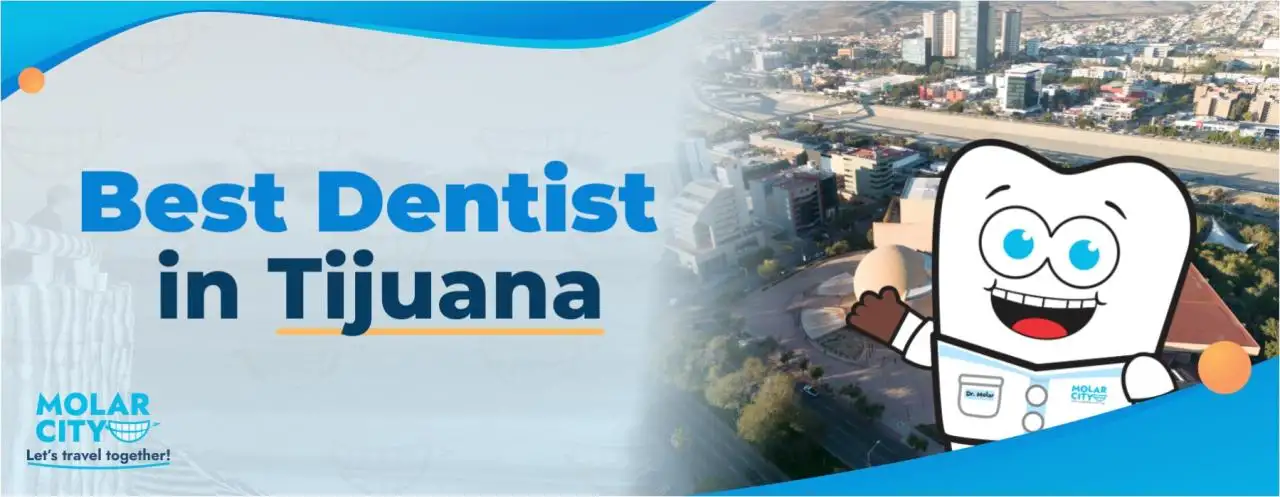
Molar City has played a pivotal role in promoting Los Algodones and elevating the reputation of talented health professionals and dental groups in the area.

Dental implants have revolutionized the world of modern dentistry, offering a permanent solution to the problem of missing teeth.
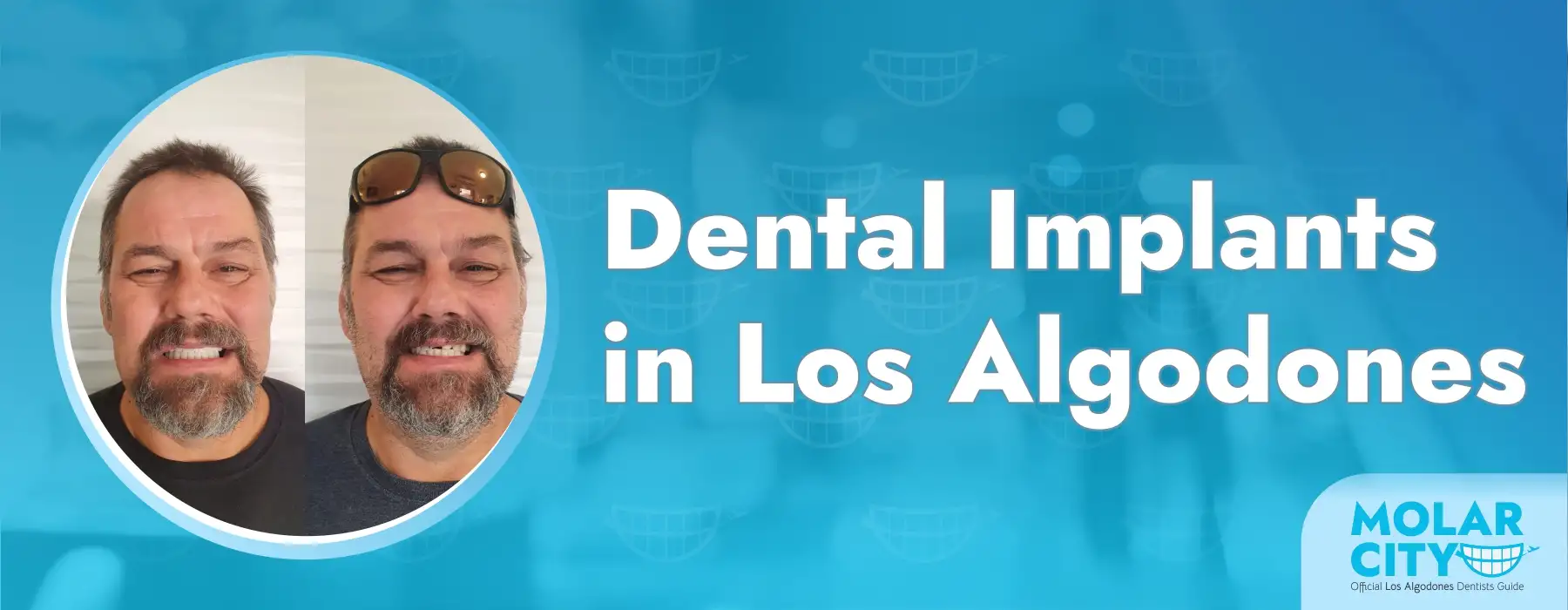
For those considering a trip to Los Algodones, one of the most common concerns is safety. Molar City is regarded as safe and comfortable for dental travelers.

Many Phoenix residents are discovering a more affordable and high-quality alternative just across the border in Molar City, Mexico.

If you're searching for a cost-effective solution near you, to restore your smile, Dental Implants in Tijuana may be the answer.
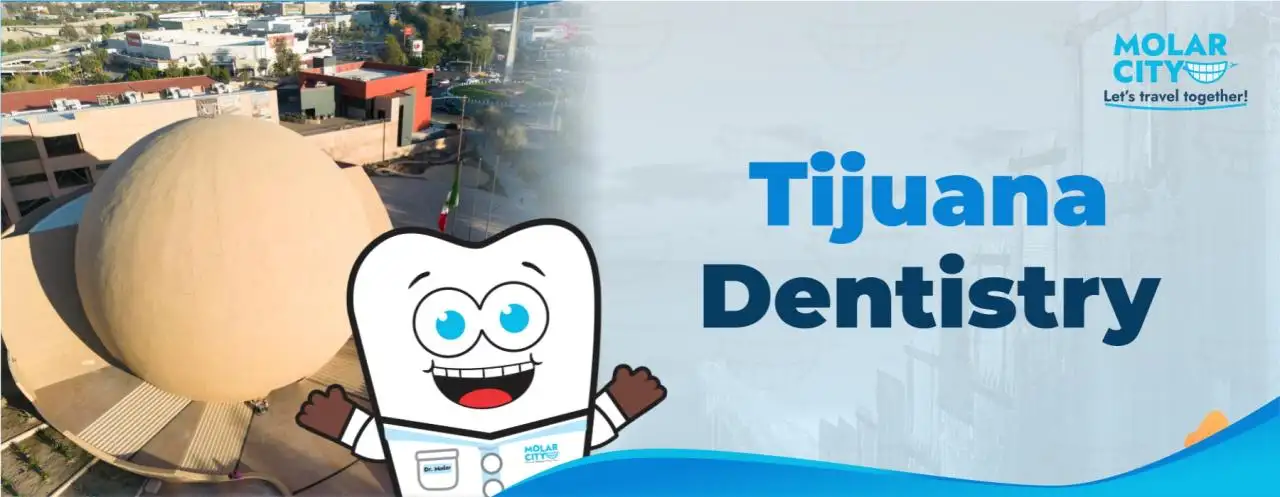
Gum treatment is a dental procedure designed to address issues related to the gums and the supporting structures of the teeth.
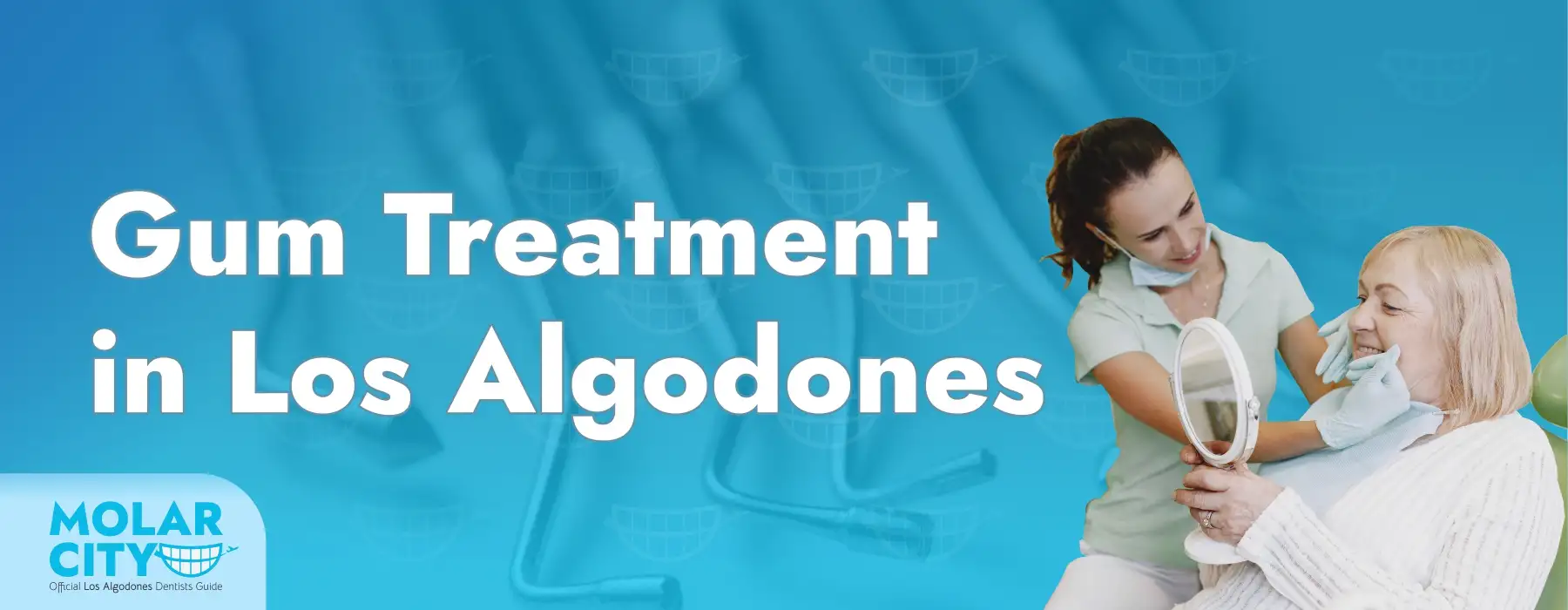
Los Algodones has earned a moniker that resonates with dental tourists "Molar City." But how did this curious destination become synonymous with dental care?

When it comes to advanced dental care, Dentists in Tijuana with the best technology are raising the bar since 2010, lets see why!
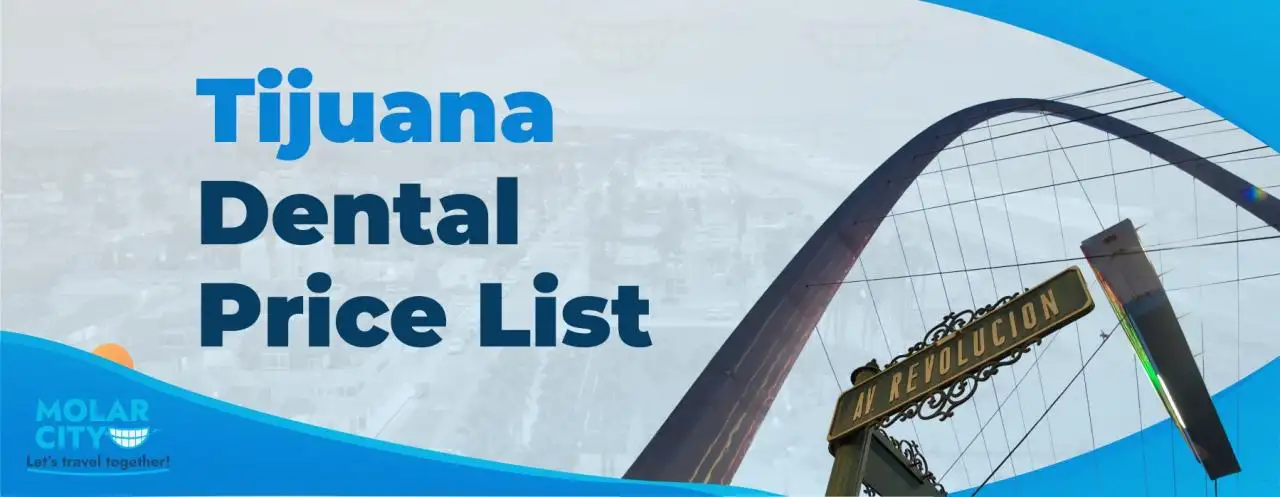
Dental extractions are dental procedures necessary when a tooth is severely damaged, decayed, or causing significant oral health issues.
